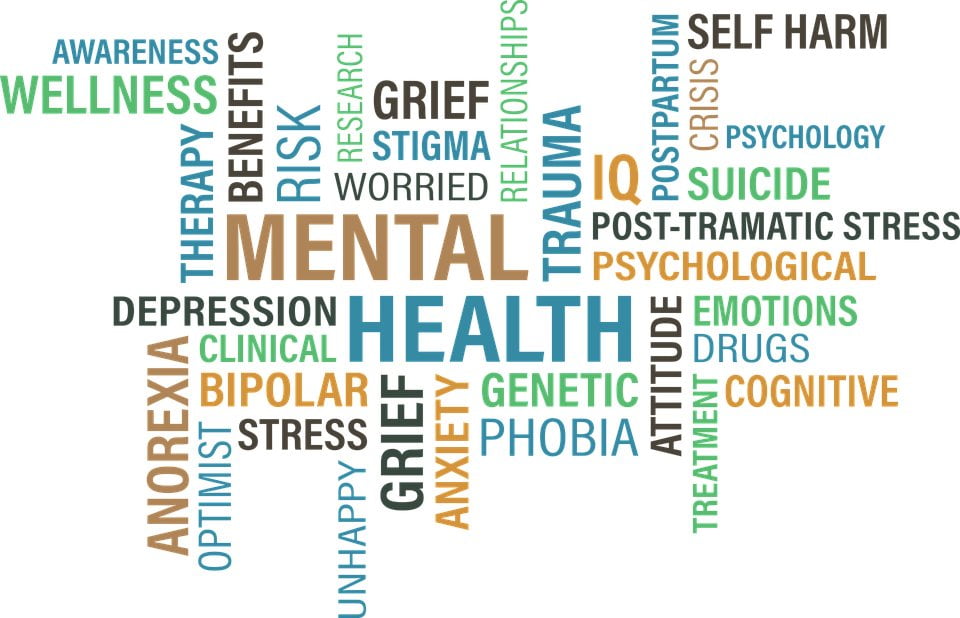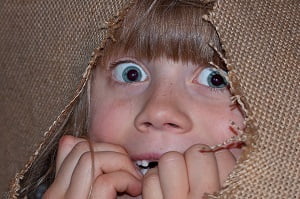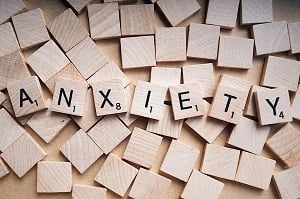Phobia Linked With Other Mental Disorders
- Updated on: Jul 5, 2024
- 4 min Read
- Published on Nov 20, 2020

Phobia refers to excessive and unrealistic fear of objects, situations, or places. People who have phobia usually avoid those objects, places, and situations that make them feel distressed, anxious, and panic. People may develop phobia because of some traumatic experiences or may acquire it from other people around them. Approximately 19 million people in the United States have a phobia.
How Is Phobia Linked With Other Mental Disorders?
The main symptoms of phobia include anxiety, distress, panic attacks, and some physical symptoms like nausea, fever, heart palpitations, unconsciousness, diarrhea, vomiting, trembling, and shaking of the body. Phobia may lead to mental disorders like obsessive-compulsive disorder (OCD), post-traumatic stress disorder (PSD), depression, panic disorder, and psychotic disorders like schizophrenia.
Read About Phobic Hallucinations in Children
Obsessive-Compulsive Disorder
Obsessive compulsive disorder is a chronic disorder in which people have some recurring and unwanted thoughts and fears due to which they follow some repetitive behaviors. This disorder is commonly found in phobic people.
People with phobia usually have a fear of an object, situation, or place, and if they think too much about their source of fear even when that source is not close to them, it may lead an OCD (obsessive-compulsive disorder). Unusual and repetitive abnormal behaviors in people may affect their personal and social life.
Post -Traumatic Stress Disorder
Post-traumatic stress disorder (PTSD) is a common mental disorder that occurs in people who have experienced trauma like shocking events, accidents, and disasters. The risk factors of PTSD are the sudden loss of a loved one, separation from home, or some accidental scenes. Some research studies suggest that the risk of a phobia usually increases after a few months of traumatic experiences.
This infographic was created by Veteran Car Donation.
This disorder’s symptoms are similar to that of phobia, including heart palpitations, distress, discomfort, crying, nausea, and anxiety. Since Phobia and PTSD share common symptoms, this makes PTSD diagnosis more difficult.
Depression
Depression is a mood disorder, and if left untreated, it can lead to severe health conditions. Phobia and depression are closely linked to each other. Depression is a consequence of phobia. People who are more prone to depression can exhibit short depressive episodes after developing phobia that may ultimately lead to a panic shock.
Depression symptoms may be different often vary from person to person. Phobic patients may experience a more severe form of depression. People who have social phobia are more susceptible to depression. People with social phobia stay isolated from society, which may cause frequent panic attacks in them. As a result, they may feel embarrassed, which ultimately leads to depression. Depression is a serious mental condition that may cause anxiety disorders, panic attack and can affect a person’s mental and physical health.
Panic Disorder
People with panic disorder suffer from sudden and recurrent fear that usually lasts for a few minutes or longer time; these are also known as panic attacks. The panic disorder mostly co-exists with a phobia, especially with agoraphobia (fear of anxiety) and social phobia.
People with phobia exhibit symptoms of anxiety and stress, followed by temporary panic attacks. Panic disorder is a chronic disorder that leads to distress and impacts normal life. Phobia has a close link with panic attacks. Agoraphobia mostly occurs with panic disorder and is rarely diagnosed alone. Panic attacks follow severe depression.
Schizophrenia
Schizophrenia is a chronic mental disorder that affects a person’s thinking ability and behavior. As a result of this, a person interprets the real situation abnormally. People suffering from this disease exhibit symptoms like cognitive impairment, speech problems, loss of emotional behaviors, lack of interest, and hallucinations. Schizophrenia is interconnected with a phobia.
Social Phobia is most commonly linked to schizophrenia. People with social phobia (social anxiety disorder) have an extreme fear of being in public places because they fear getting embarrassed and humiliated. This situation causes them to feel anxiety and panic when they go for a stage performance or presentation in the office. Such people hesitate while giving a speech in front of an audience. Social Phobia shows symptoms similar to psychotic disorder schizophrenia.
The treatment for almost all phobias and related mental disorders is cognition treatment therapy, exposure therapy, relaxation techniques, and medication therapy. Besides, Psychiatrists may suggest sedatives and beta-blocker agents for the treatment of some mental disorders.
FAQs
How Do Phobias Affect Your Mental Health?
Phobia usually affects the person’s emotional health as well as physical health. People start feeling anxiety and get panic once they see their fear source or face fear situation. If these events occur repeatedly and persist for a long time, they cause mental issues in people like anxiety disorders, panic attacks, schizophrenia etc.
Can You Fully Recover From Anxiety?
Yes, anxiety can be cured. It is very normal for people to get anxious on certain situations but if this situation becomes frequent, then it is matter of concern. This condition needs proper treatment. The psychiatrist or health care professional usually gives cognition treatment therapy and some medications like sedatives and beta blockers to treat anxiety issues. Some relaxation techniques like breathing exercises, yoga and meditation can help in the treatment.
How Serious Is Social Phobia?
Social phobia is a serious health issue because it limits the person’s performance in a social environment. Person feels embarrassed and hesitated while being in a public place and even avoids stage performances and office presentations. Social phobia affects the person’s personal life as well as professional life.












